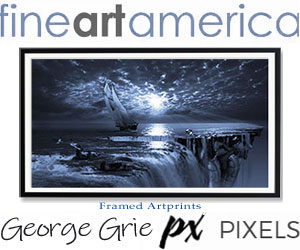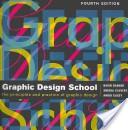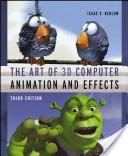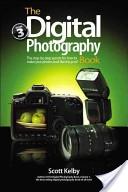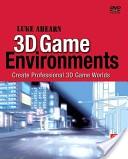Is an artist a practical and achievable career?
You might have to look real hard for a art school that is well balance between concepts and technical side. Research the professor's own work and the students work, and see if you like what they do. You can become a great artist with strong self-discipline and good talent, but the best artists usually come from a formal art-school education. And again, this is generally speaking, there are always exceptions, and for those we should have great respect.
A career in art is not limited to being a painter of canvases that get framed and sold in a gallery. Behind every piece of art in a newspaper, magazine, book, poster, and leaflet there's a graphic or commercial artist usually a team. There are graphic artists putting the magazines together, illustrators drawing the cartoons and graphics. There are Website designers, computer-graphic artists and animators. Computers don't draw the graphics themselves. They're only a tool, a modern version of a paintbrush! There are Film, TV, and stage set building. There are Computer games. There are Art galleries and museums. There are Teaching art and art therapy. There are Mural painting and face painting.
Art will not make you the same money as being, say, a stockbroker. But you have to decide what's more important to you: money or having a job/career you thoroughly enjoy. A designer top or using the money for a large tub of genuine cadmium red? Assess your priorities and make your choices accordingly. When you're 80 and look back on your life, what do you rather want be able to say: that you lived an interesting, creative life or that you lived in a huge house, had a new car regularly, and wish you'd found more time for your art?
Take a look at all the options available at various fine art or a graphic art degrees/diplomas and choose the one that'll give you the most options -- you may think you know what you're going to enjoy, but may end up being surprised by what you enjoy most. You need good language skills to present yourself and your work -- e.g. could you write a good press release for your first show, compose a letter to a gallery without any grammatical or spelling errors? If you can't afford full-time college, do part-time courses rather than give up on the idea of an art career.
And think more broadly: landscape design, interior design, photography, shop-window design, and framing. Textile and clothing design, Furniture and lighting design. Architecture and engineering. The thought of giving up what you're doing to attend art school fulltime is a dream many a part-time painter has, but is going to art school realistic? Will it really set you up as an artist or not? 